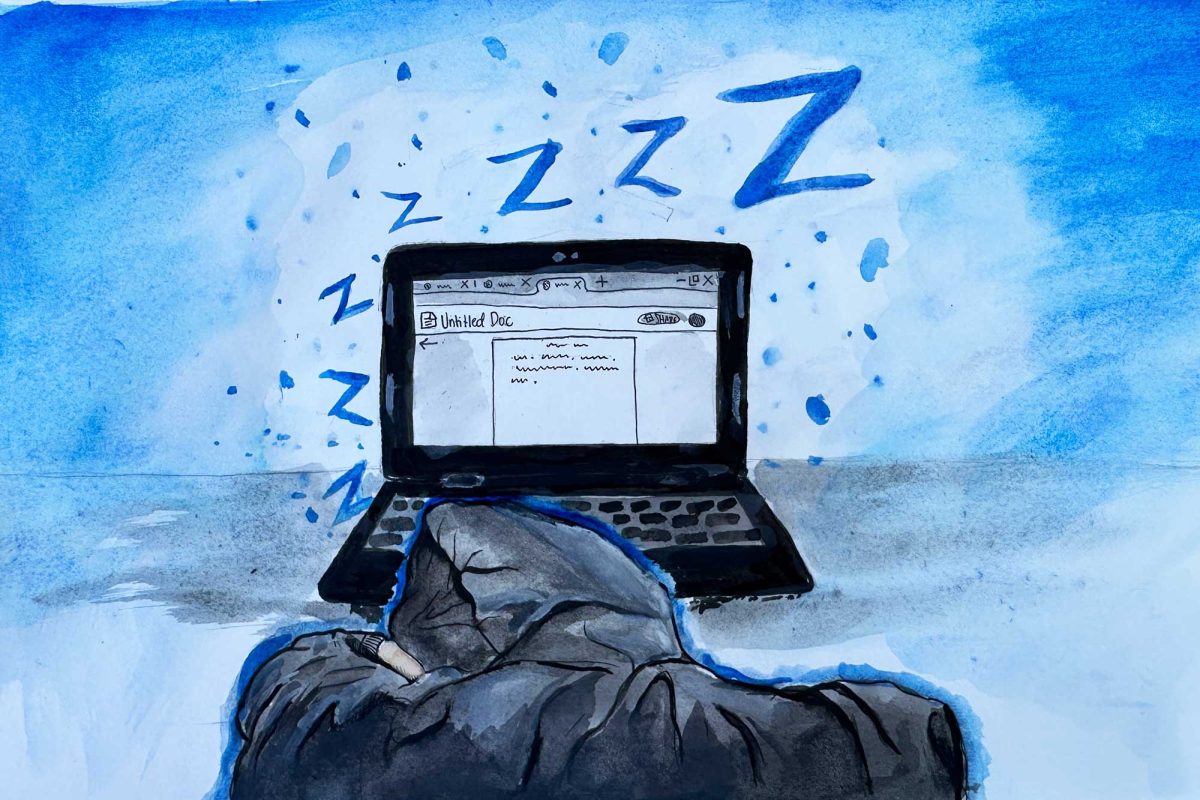The Centers for Disease Control and Prevention (CDC) alleges that the current influenza season within the U.S. (which is usually active from October to May) has, so far, resulted in an estimated 6.2 to 7.3 million cases of influenza contractions, an estimated 2.9 to 3.5 million medical visitations, and an estimated 69,300 to 83,500 hospitalizations.
To put that into perspective, the CDC alleges that each influenza season within the U.S. results in an estimated average of 9.3 to 49 million cases of influenza contractions, an estimated average of 4.3 to 23 million medical visitations, and an estimated average of 140,000 to 960,000 hospitalizations, alongside an estimated $10.4 billion spent in direct medical expenses and an additional $16.3 billion lost in career earnings, annually.
It must also be noted that the aforementioned statistics represent only a mere fraction of the actual cases of, effects of, etc. of influenza; most persons who have contracted influenza tend not to go to the doctor, tend not to get tested for influenza, tend not to report their contraction of influenza, etc.
It thus comes as no surprise that the State of Pennsylvania had been largely affected by the current influenza season.
According to the Pennsylvania Department of Health, the influenza surveillance season (which began on October 1, 2018, and will last until May 19, 2019) has so far indicated an increased level of influenza activity within Pennsylvania; with, so far, 66 out of the 67 Pennsylvanian counties reporting confirmed cases of influenza, a total of 12,000 cases of influenza contraction, and a total of 15 (adult or senior) deaths as a result of influenza contraction, the current display of influenza activity is higher, although thankfully not by much, than the epidemic threshold for the Pennsylvanian region.
However, despite the results of the influenza surveillance season, Strath Haven High School is relatively lucky—according to Ms. Sweeny, the school nurse, the number of influenza contractions in Strath Haven have been very few in number, with the only major health concern being a few cases of gastrointestinal illnesses. This, however, does not justify a situation in which students should become lax about the influenza season and discontinue common illness avoidance practices.
The question of vaccinations also comes in mind—should Strath Haven students be obligated to get influenza vaccines? The answer is yes.
The least costly, most efficient, and overall best method to avoid catching a disease preventable through a vaccine is, as you might have guessed, to get a vaccine. And even if one was placed within an environment in which the chances of influenza contraction was very small, it is ultimately better to be safer with a vaccine, than sorry without one.
The absence of vaccines within a community in which physical contact (e.g. sporting events, public transportation, schools, etc.) has become so familiar and easily accessible has only negative consequences. On a small scale, for example, one person contracted whopping cough, a highly contagious illness that could have been avoided with a simple vaccination, at the relatively recent Strath Haven vs. Marple Newton basketball game. On a large scale, 36 people have contracted measles, a highly contagious illness long thought to be eradicated within the U.S. due to the administration of vaccinations after an outbreak occurred in the State of Washington.
The common argument used by anti-vaxxers—the one which links vaccinations to autism—can be disregarded; no evidence from the scientific or medical community gives any credence to that ludicrous proposition. And while other non-mainstream/unconventional forms of “medication”, such as ginger, honey, garlic, certain vitamins, etc. have the potential to combat several illnesses, vaccines are guaranteed to prevent one from even contracting the disease—a much more significant and better route than taking the aforementioned “medication” after already having contracted the disease.
And thus, in conclusion, so as to ultimately avoid spreading easily preventable diseases, and by extension, to keep Strath Haven students and staff, alongside the general population safe and sound, students Strath Haven students should get influenza vaccinations.
















